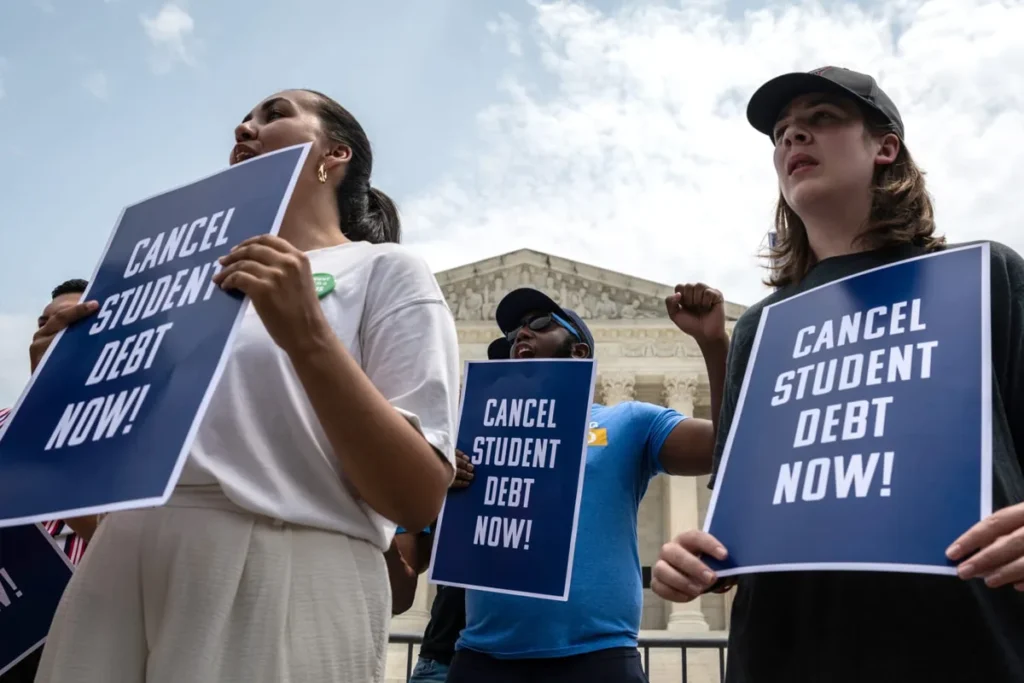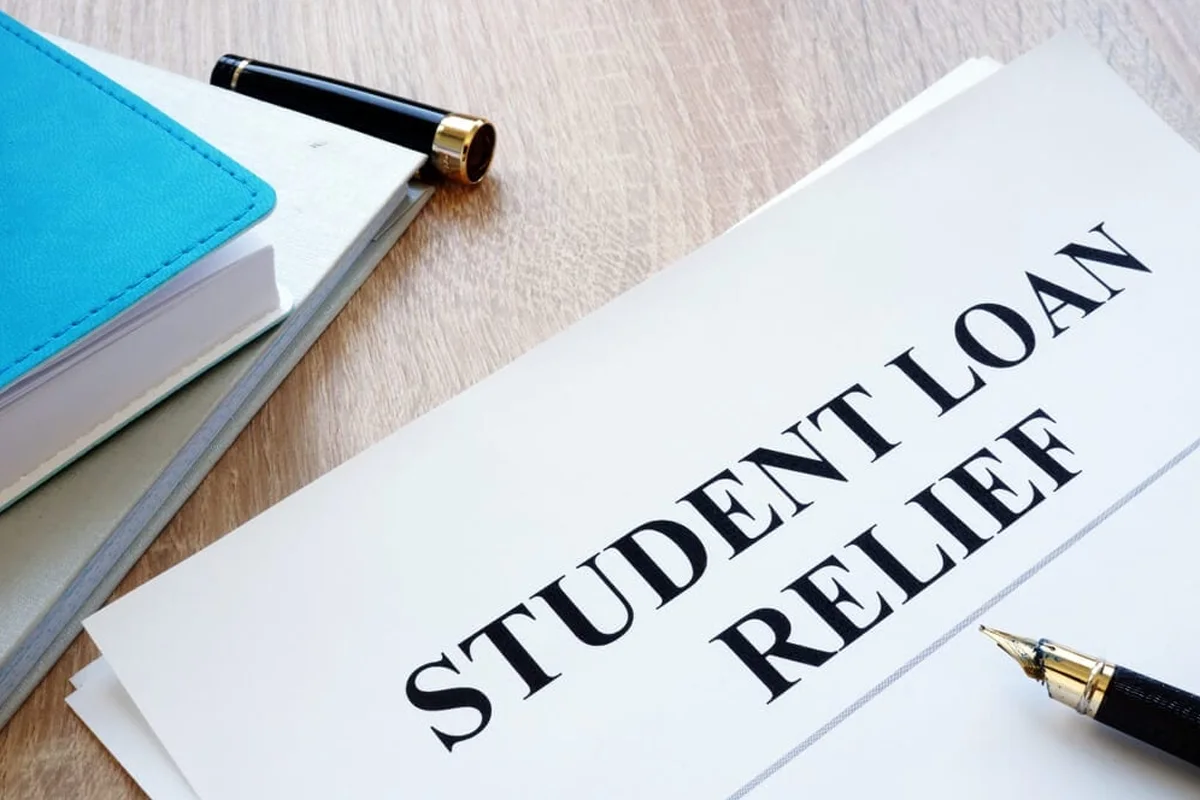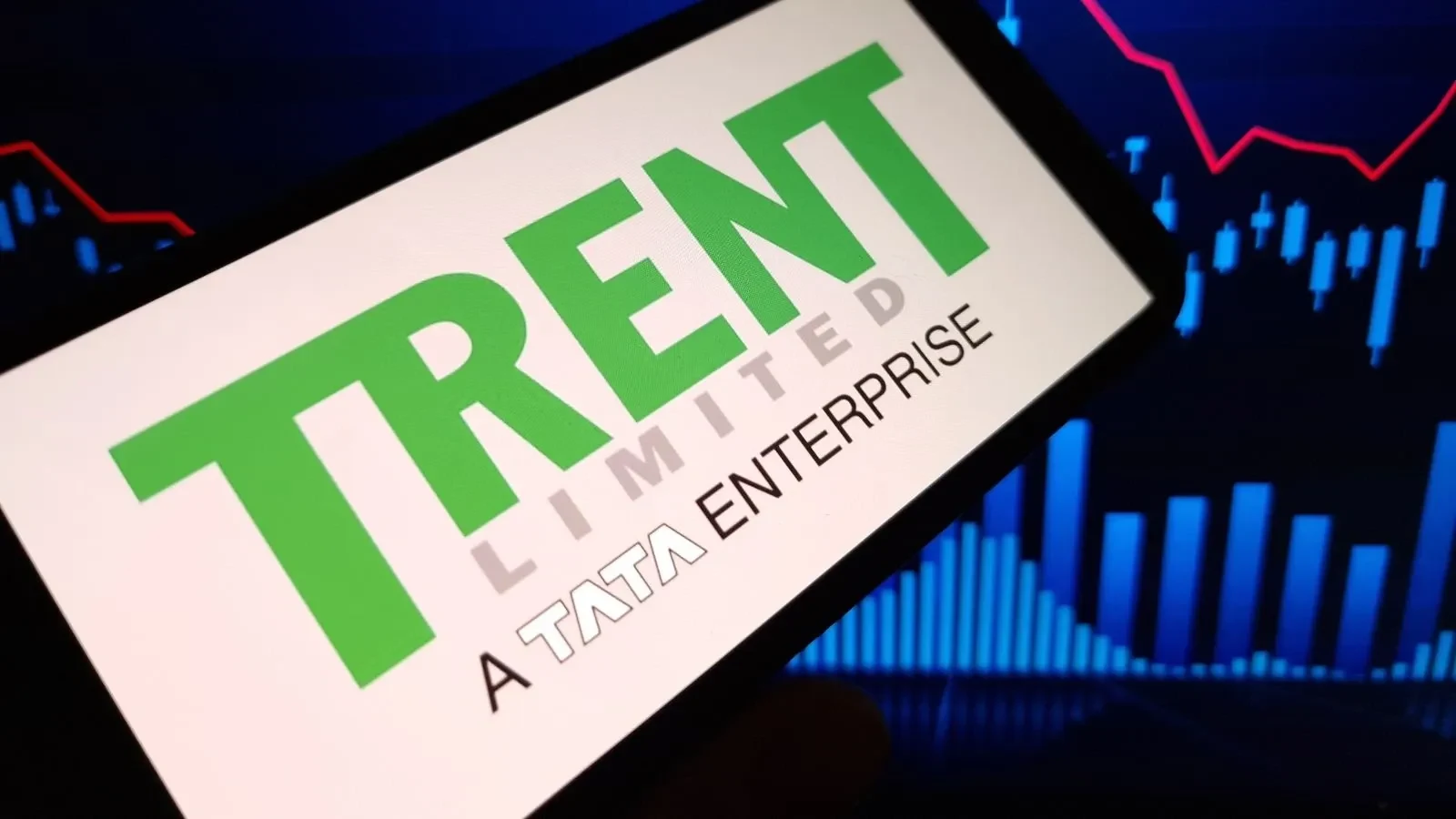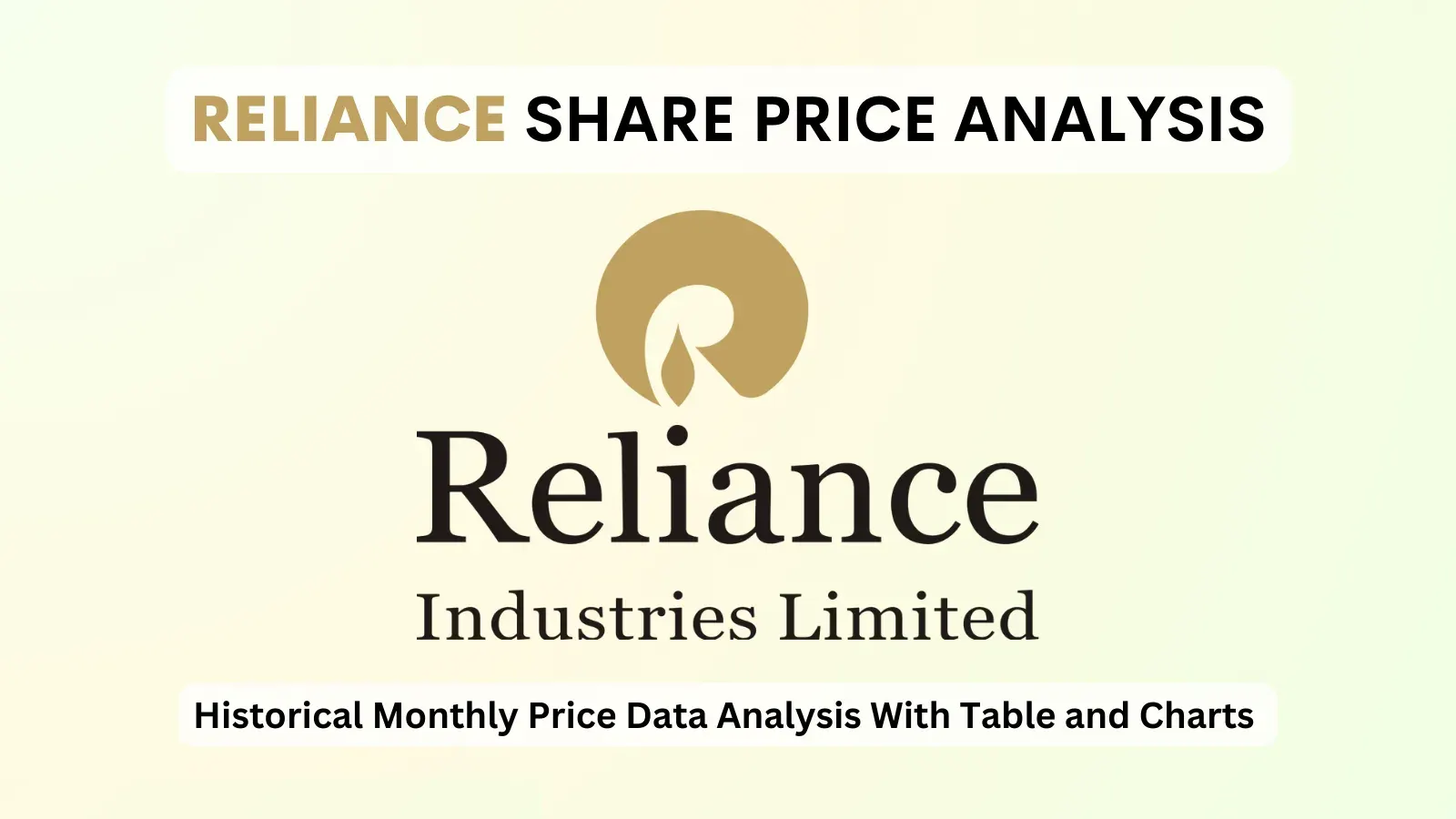“This article expresses my personal analysis based on publicly available financial data and market reports.”
Imagine waking up one morning to discover a huge weight lifted off your shoulders. For millions of former college students who’ve been juggling monthly payments, that moment of student debt relief is fast approaching. The American Federation of Teachers (AFT) and the U.S. Department of Education say the federal government will finally restart debt cancellation for borrowers enrolled in certain income-driven plans. It’s a game-changer – especially in 2025, when many felt stuck in limbo.
Why this student debt relief matters in 2025
In the current year, its significance cannot be understated. The deal covers borrowers in two major income-driven repayment (IDR) programs: Income‑Contingent Repayment (ICR) and Pay As You Earn (PAYE). Those plans base payments on income and family size, and offer loan cancellation after 20–25 years.
Because these plans were previously paused, many borrowers were stuck waiting. Under the new agreement, cancellation will reflect the date you became eligible, not just when your application is processed. That means no surprise tax bill for people cleared this year.
In short: student debt relief is shifting from promise to action – and that makes it one of 2025’s biggest personal-finance stories.
Who benefits and how you know you’re eligible

Here’s how it works. If you are enrolled (or have been) in ICR or PAYE, and you’ve made qualifying payments, this deal could apply to you.
The agreement also affects the Public Service Loan Forgiveness (PSLF) program – many public-service workers who’ve been waiting for credit will get that backlog moved.
Here’s a simple step to check: go to your account at “StudentAid.gov” and review the “My Aid” > “View Details” section. See which repayment plan you’re on and how many qualifying payments you’ve made. If you’re in one of these plans and have met the number of payments, relief may be headed your way according to New York Post
For many borrowers this isn’t just policy talk – it’s literal relief from years of stress, uncertainty and financial burden.
Real-world example: relief after a long wait
Let’s put a human face on the term student debt relief. Consider a teacher who’s spent 22 years in public service, enrolled in ICR, paying based on their modest income. They were years away from hitting the cancellation date and feared rising payments. Under the new deal, their remaining loan balance might be cleared this year – and they’ll avoid being taxed on that forgiven amount.
That’s huge. For someone working at a lower wage, every dollar counts. The emotional relief of living without looming debt is more than just financial; it’s personal. I can’t imagine the sense of freedom when that final notice comes through.
Why this deal matters for policy and for everyday people

When we talk about student debt relief, we’re also talking about broader trends in 2025: rising college costs, changing careers, bursts of inflation, and the lingering after-effects of the pandemic on incomes. For many borrowers, their student-loan payments have been a barrier to buying a home, starting a family, or simply saving.
Policy-wise, this deal is a pivot. It signals a willingness to act on long-standing programs and deliver tangible relief, rather than letting bureaucracy stall progress. It also shows that advocacy (in this case by AFT) matters. For everyday folks, that matters because loans become much more than numbers – they become part of life decisions.
If you’re one of the people tracking your payment count, hoping for a break – this move means you’re closer to breathing a little easier.
Conclusion
Donald Trump student debt relief is back on the table – and this time it has real teeth. If you’ve been paying, waiting, hoping for the “when will it happen?” moment, you could be close. I believe this is one of those rare policy moments where the headlines and the outcomes align. For millions, it’s more than just numbers: it’s a chance at a fresh start.
Disclaimer: The views and recommendations above are those of individual analysts or brokerage companies, not US News Weeks. We advise investors to check with certified experts before making any investment decisions.
Source : Fox Business & New York Post - Student Debt Rrelief
✍️ Written by Nikhil Singh
Market & IPO Analyst | Business News Writer | Tech-Auto Observer
Nikhil has been tracking Indian IPOs, consumer brands, tech & automobile overview and financial trends since 2019. His writing style blends market insight with a relatable human voice — making complex data simple for everyday investors.







